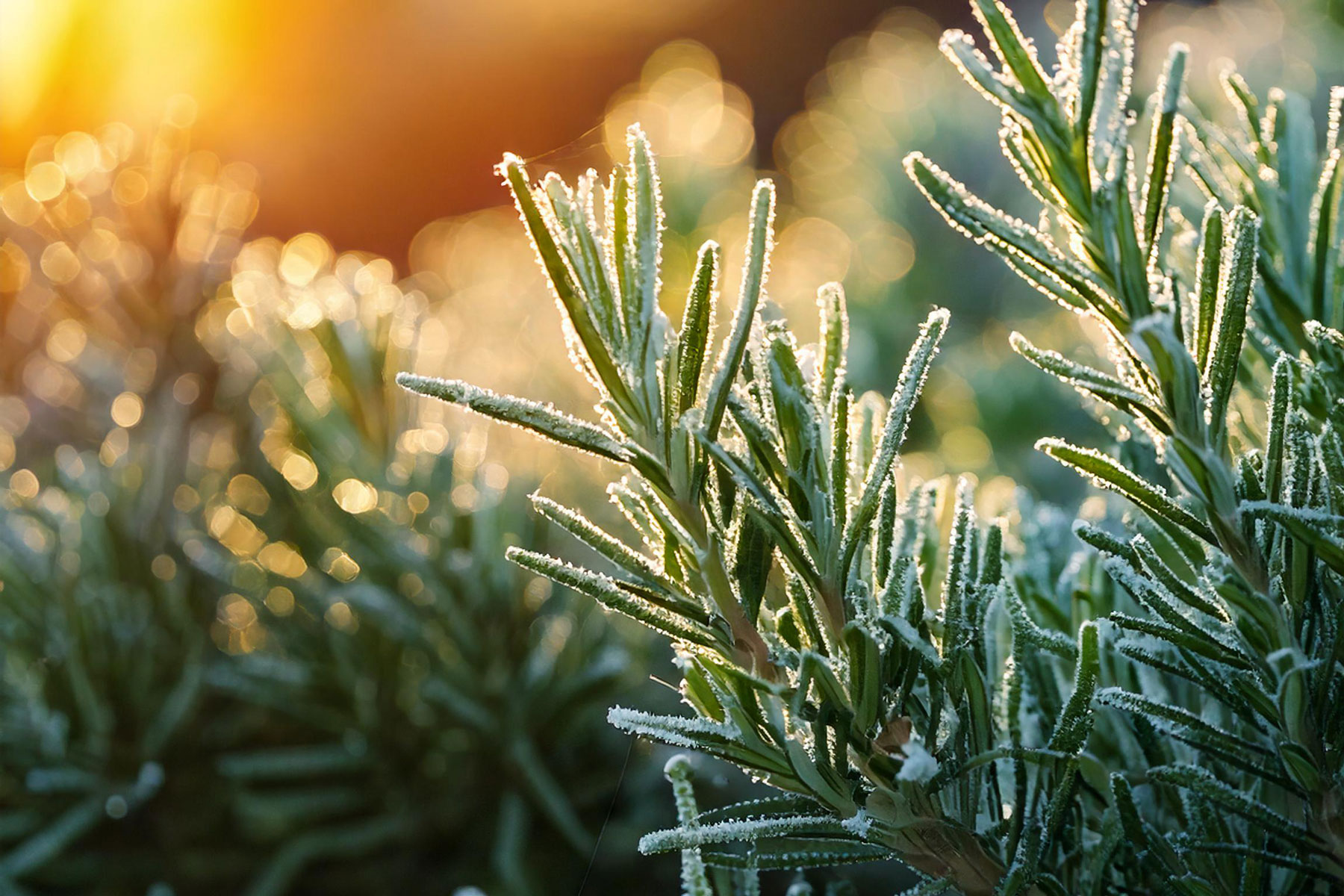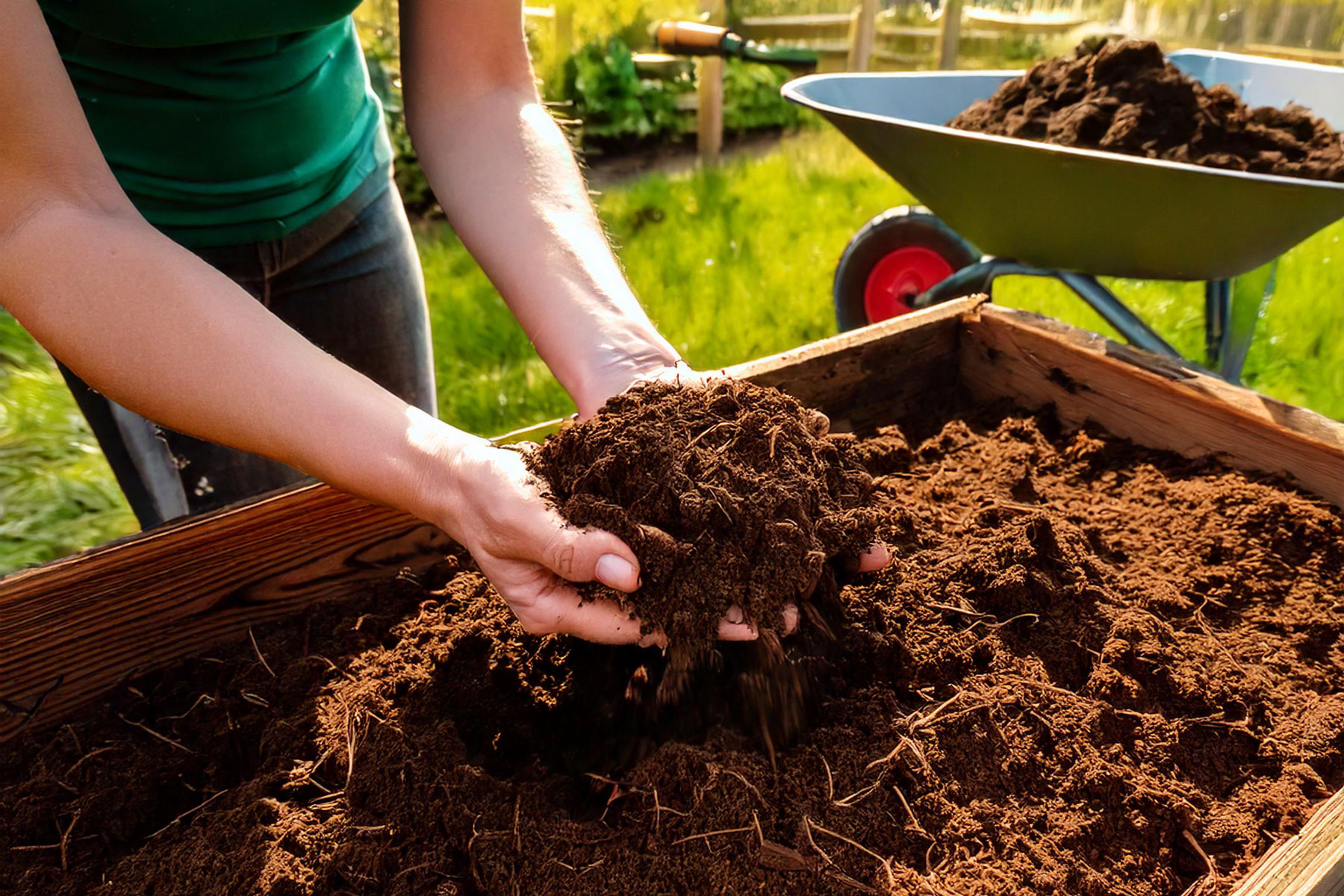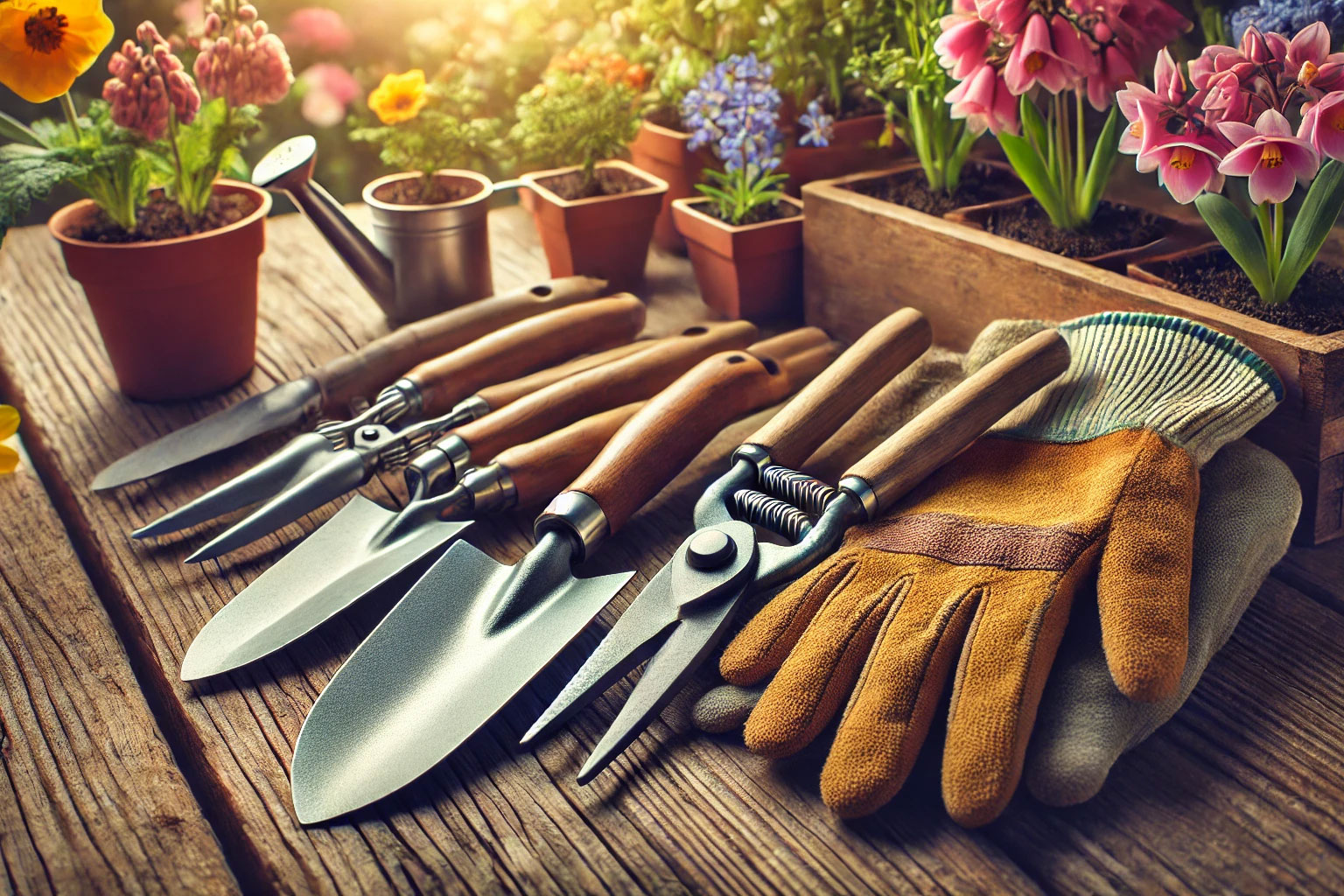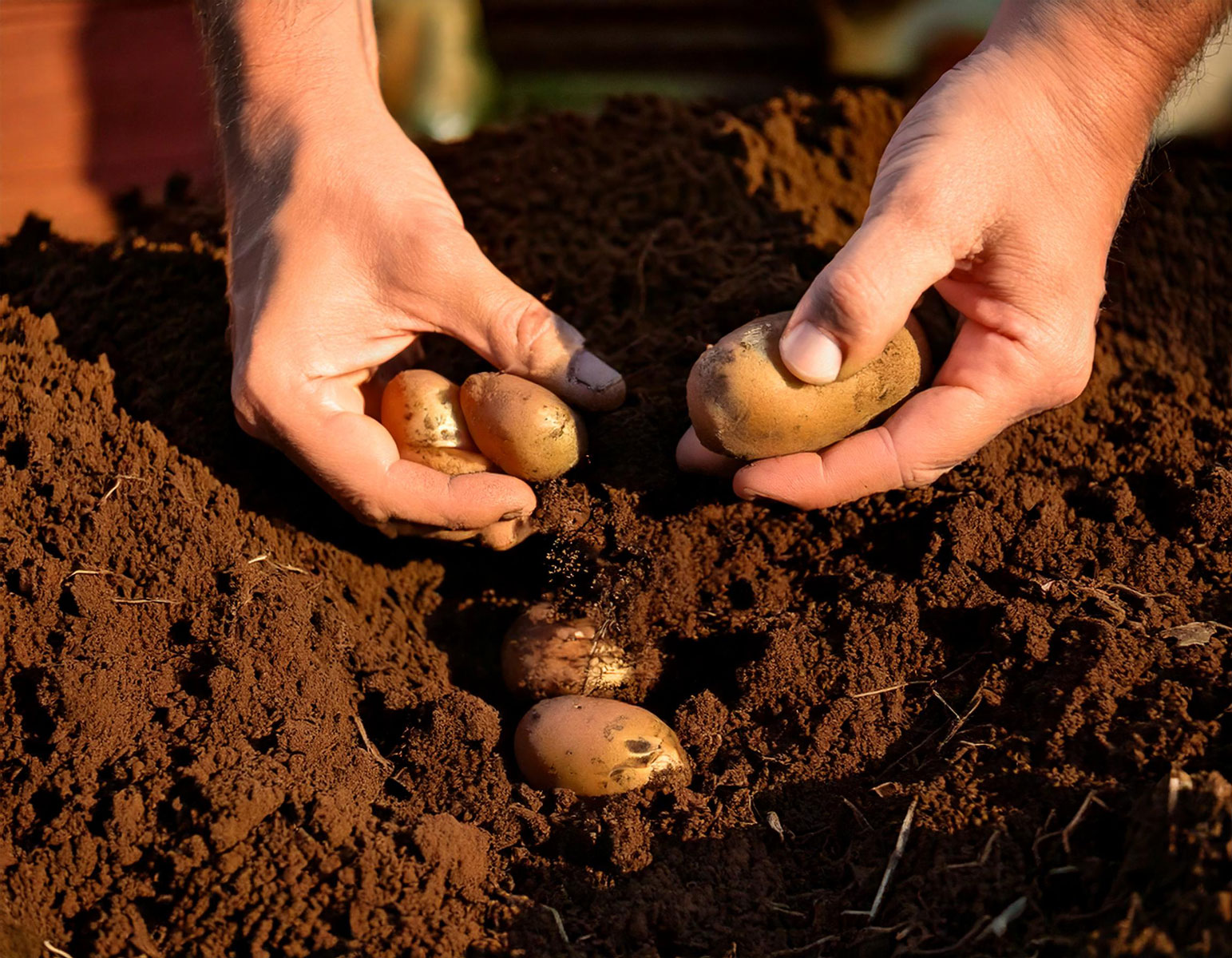Cozy Compost: Mastering the Art of Winter Composting
You might think it’s time to hang up your gardening gloves, but hold onto your hot cocoa – winter composting is about to become your new favorite cold-weather hobby!

Did you know that composting doesn’t have to stop when the mercury drops? In fact, a staggering 95% of food scraps and yard waste can be composted year-round, even in chilly temperatures! So, let’s dive into the frosty world of winter composting and turn those kitchen scraps into black gold for your spring garden.
Why Bother with Winter Composting?
Alright, I know what you’re thinking. “Why on earth would I trudge through the snow to my compost pile?” Well, let me tell you – it’s totally worth it! Here’s why:
- Waste reduction (goodbye, guilty conscience!)
- A head start on spring gardening (hello, early blooms!)
- Cozy habitat for beneficial microorganisms (they’ll thank you later)
- Year-round eco-friendly habits (Mother Nature’s high-five)
Plus, there’s something oddly satisfying about steam rising from your compost pile on a crisp winter morning. Trust me, it’s like having your own little science experiment in the backyard!

Gearing Up for Cold-Weather Composting
Before we dive into the nitty-gritty, let’s make sure you’re prepared for this chilly adventure:
- Insulated compost bin (think cozy sweater for your scraps)
- Pitchfork or compost aerator (your new winter workout tool)
- Dry, carbon-rich materials (leaves, straw, or shredded paper)
- Kitchen scrap collector (countertop cutie for easy transport)
Pro tip: Position your compost bin in a sunny spot to soak up those precious winter rays!

The Winter Composting Recipe: A Delicious Concoction
Now, let’s talk ingredients. Winter composting is all about balance – like a perfectly choreographed snowflake dance. Here’s what you’ll need:
Greens (Nitrogen-rich materials):
- Fruit and veggie scraps
- Coffee grounds and tea bags
- Fresh grass clippings (if you’re lucky enough to mow in winter!)
Browns (Carbon-rich materials):
- Fallen leaves (nature’s confetti)
- Straw or hay
- Shredded newspaper or cardboard
- Wood chips or sawdust
The magic ratio? Aim for about 3 parts browns to 1 part greens. It’s like making the perfect hot chocolate – too much of one thing, and it’s just not right!

Keeping Your Compost Cozy: Insulation Tips
Your compost pile needs a winter coat too! Here are some ways to keep it toasty:
- Surround your bin with straw bales (like a rustic igloo)
- Add a layer of cardboard or bubble wrap inside the bin
- Cover the pile with a tarp or old carpet (compost blanket, anyone?)
- Build a windbreak to shield from icy gusts
Remember, a well-insulated pile is a happy pile!

Troubleshooting the Winter Woes
Even the best-laid plans can hit a snag. Here are some common winter composting hiccups and how to fix them:
Frozen Solid?
No worries! Add some “hot” ingredients like coffee grounds or manure to jumpstart the process.
Smelly Situation?
Too much moisture! Add more browns and give it a good turn.
Nothing’s Happening?
Patience, young grasshopper. Winter composting is slower, but it’s still working its magic.
Ready to dig deeper into the world of gardening? Spud-tacular news! Our Gardening page is blooming with expert tips, tricks, and green-thumb wisdom. From potato planting to pumpkin pruning, we’ve got the dirt on all things garden-related.
The Springtime Payoff
As the snow melts and spring flowers peek through, you’ll be rewarded with rich, crumbly compost ready to supercharge your garden. It’s like finding buried treasure – except you knew it was there all along!
So, there you have it, folks – your crash course in winter composting! It’s time to bundle up, grab those kitchen scraps, and show Old Man Winter that composting doesn’t hibernate. Your spring garden will thank you, and you’ll have the satisfaction of knowing you’ve kept the circle of life spinning all year long.
Now, if you’ll excuse me, I’ve got some banana peels to add to my frosty compost pile. Happy winter composting, and may your thumbs stay green even when everything else is white!






